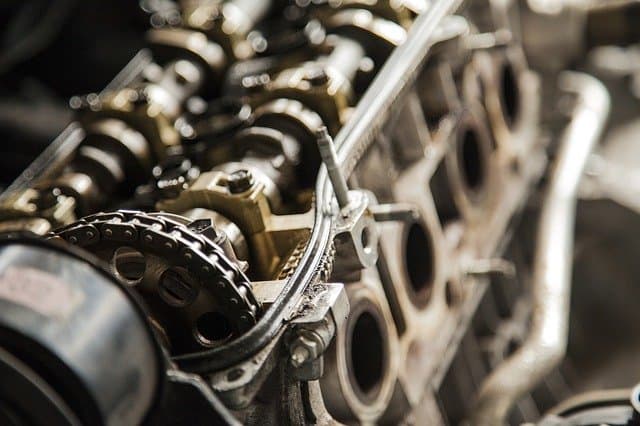If your machines do not work properly, then you cannot meet your quotas or keep up with your customers’ demand. To avoid losing money because of broken equipment, follow these steps.

1. Purchase High-Quality Equipment
Investing in high-quality machines is the best way to prevent breakages. While you may hesitate to pay more money for a machine when another company has the same option for a lower price, consider how much you want to spend on repairs in the long run. Make sure that the equipment is in good condition when you purchase it. For example, if you buy a machine made of iron or steel, the metal should be treated in galvanizing tanks so that it does not rust.
2. Hold Mandatory Trainings
If your employees do not know how to use your machines, they will become frustrated and misuse them. Whenever you purchase a new piece of equipment, train all your employees in its use. New hires should have a day of paid training before they begin working. Post reminders about the most complicated steps next to each machine to avoid preventable breakages.
3. Check Machines Regularly
Some machines break with no warning because of mechanical or electrical issues. However, in most cases, there are signs that something is not working properly. Ask your employees to notify you about unusual sounds such as rattling and grinding. Before you use a machine for the first time each day, check for missing bolts, leaking fuel or other problems. Never use equipment if it displays these issues. Instead, call a repair shop immediately.
You can’t prevent every breakdown, but by investing in quality equipment, training your employees and routinely checking your machines’ performance, you can minimize how often issues occur. Don’t be afraid to spend your time and resources on these steps; they will save you money in the long run.
